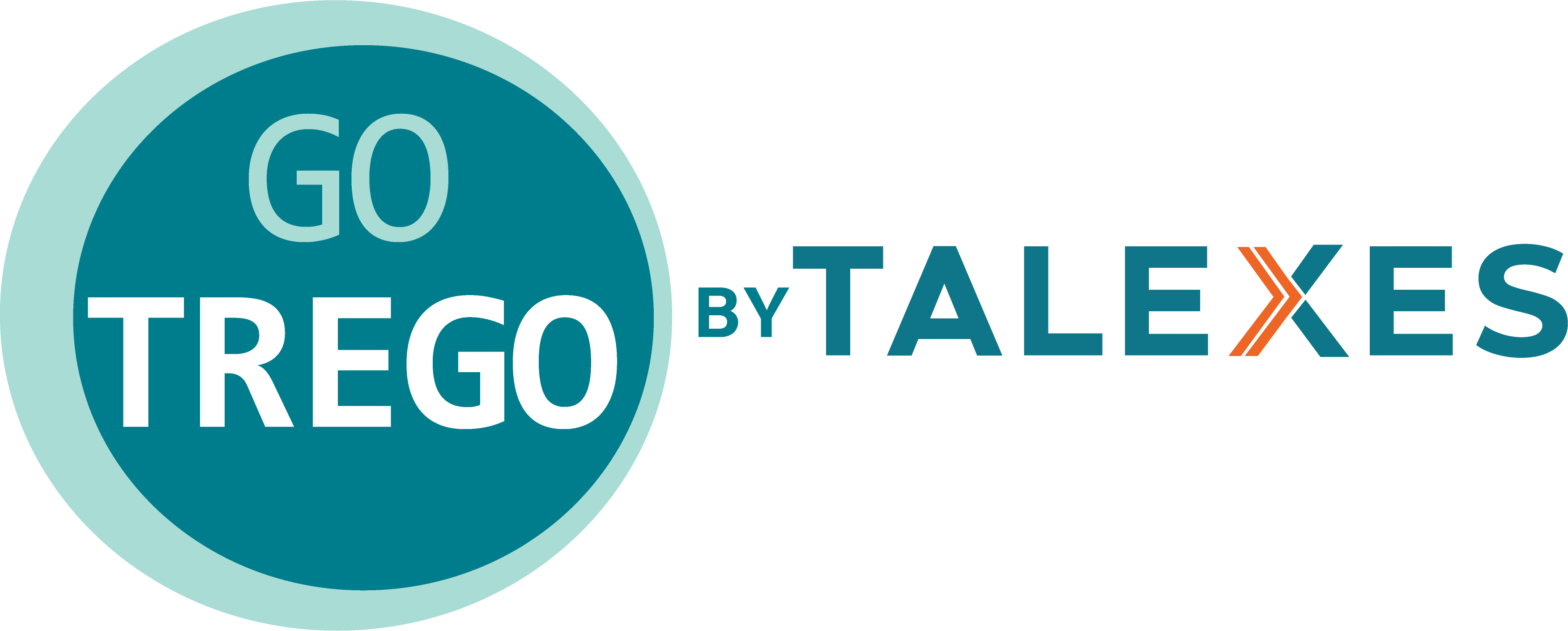In the fast-paced auto industry, staying ahead of performance challenges is key to maintaining efficiency, innovation, and competitiveness. Addressing performance gaps early ensures employees remain engaged and equipped to meet the evolving demands of the sector. Implementing proactive assessment strategies fosters continuous improvement and creates a culture where employee development thrives. Below are nine strategies tailored to the auto industry for identifying and addressing performance issues before they escalate.
- Frequent Performance Check-Ins for Early Detection
Relying solely on annual reviews is insufficient in a dynamic industry like automotive. Frequent check-ins between managers and employees offer opportunities to address issues early, especially as new technologies and processes emerge. These regular conversations allow managers to discuss project progress, pinpoint obstacles, and provide real-time feedback. In a high-pressure environment like a factory floor or a service center, timely communication can prevent minor issues from disrupting operations.
- Leveraging Data-Driven Performance Metrics
Data-driven assessments are essential for tracking performance objectively. Metrics such as production efficiency, quality control rates, and on-time delivery statistics help identify trends that may signal underlying performance issues. For example, a decline in diagnostic accuracy in a service department might indicate the need for additional training on newer vehicle models. Regularly analyzing these metrics allows for swift interventions, ensuring optimal productivity and output quality.
- Competency-Based Assessments for Targeted Development
Competency-based assessments evaluate employees on the specific technical and behavioral skills required for their roles. In the auto industry, this might include diagnostic proficiency, safety compliance, and customer service capabilities. For instance, a technician struggling with advanced electric vehicle diagnostics may benefit from targeted training. By identifying gaps early, companies can tailor development plans to enhance the skills critical to job performance and customer satisfaction.
- Incorporating 360-Degree Feedback
A comprehensive 360-degree feedback approach collects input from various sources, including peers, supervisors, and subordinates. This method is particularly useful in collaborative environments like design teams or assembly lines, where teamwork and communication are vital. Feedback from colleagues can highlight areas such as collaboration or leadership potential, providing a well-rounded view of an employee’s performance beyond technical output.
- Encouraging Self-Assessments for Personal Accountability
Self-assessments empower employees to reflect on their strengths and areas for growth. In the auto industry, where innovation and adaptability are crucial, encouraging employees to evaluate their performance fosters accountability and self-awareness. When combined with manager feedback, self-assessments create a balanced perspective, facilitating productive conversations about development needs and career progression.
- Providing Immediate and Specific Feedback
Timely, specific feedback is critical in fast-moving environments like manufacturing plants or service centers. Delaying feedback until formal reviews can allow issues to snowball, affecting productivity and safety. Managers should address performance concerns as they arise, offering clear, actionable suggestions for improvement. For instance, a supervisor might provide immediate feedback on assembly techniques to prevent quality issues down the line.
- Tailoring Development Plans to Individual Roles
Generic training programs rarely address the unique needs of employees in specialized roles. In the auto industry, development plans should be customized based on assessment data. For example, a salesperson may need additional training in electric vehicle technology to better serve customers, while a line worker may benefit from advanced robotics training. Tailoring development initiatives to individual needs enhances skill acquisition and demonstrates a commitment to employee growth.
- Fostering Open Communication Across Teams
A culture of open communication encourages employees to voice concerns and seek support when needed. In a highly collaborative industry like automotive, where cross-functional teams often work together on projects, open dialogue is essential. HR can promote this by training managers to provide constructive feedback and encouraging employees to discuss challenges without fear of judgment. This proactive approach ensures issues are addressed collaboratively and early.
- Monitoring Organizational Trends for Systemic Insights
Tracking performance trends across departments can reveal systemic issues affecting multiple teams. For instance, if several technicians report challenges with a particular diagnostic tool, it may indicate a need for updated equipment or training. By analyzing these patterns, HR can identify root causes and implement solutions that prevent widespread performance declines.
Conclusion
In the auto industry, early intervention through proactive employee assessments is essential for maintaining a high-performing workforce. By leveraging data-driven metrics, fostering open communication, and tailoring development plans to individual needs, companies can address performance gaps before they escalate. These strategies not only enhance individual employee development but also drive overall organizational success, ensuring that teams remain adaptable, skilled, and ready to meet the challenges of an evolving industry.





